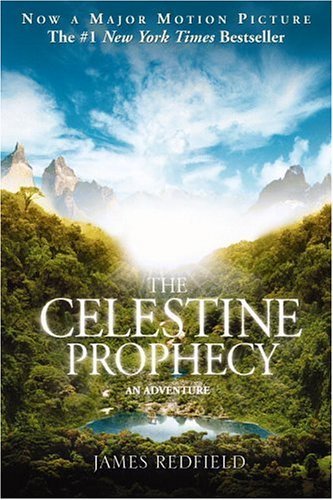When you write your troubles/questions into the group here ate Literopathy I suspect you are expecting your prescription to include mainly novel ideas. Poems, essays, books – medicine of the written word. There are a bevvy of smart, sassy and well-read people here who can recommend something along those lines but sometimes you’ll get something a little…different. Sometimes we’ll tell you to get yourself to a comic store and read a graphic novel.
Comics. Manga. Sequential art. Largely misunderstood by the general population (despite a string of successful movies and television shows) as something childish and the domain of males. I’m here to smash those misconceptions and introduce you to the wonderful world of graphic storytelling! Here is my personal list of “comics for people who don’t read comics”. I have compiled this list with two criterion: 1) The story be contained in one graphic novels (rather than series that can span many volumes) and 2) I have had success recommending them to real live people in the comic store I work at. I tried to pick the best of the best but truthfully even that was hard – there are so many great choices lining my shelves! Since this post couldn’t go on forever though I narrowed it down to five.
So without further ado: “Lady Dee’s Comics For People Who Don’t Read Comics”
This book is as Canadian as hockey, beer and small towns in Ontario. All of which it includes. A 2011 selection of Canada Reads – the essential Canadian novels of the decade. Jeff Lemire weaves together the story of three people in a small Ontario town with the delicacy of a master craftsman. It’s the story of one community through the years – through all the joy, the loss, the regret, the love. The artwork is simple, fresh and draws us into the story quickly – holding us there until the last page is turned – and the last tear is shed.
Blankets – Craig Thompson
A coming-of-age autobiography from Craig Thompson that tells the story of his childhood growing up in an Evangelical Christian Family, his first love and his early adulthood. Craig originally penned Blankets as a way to “come out” to his parents that he was no longer Christian. This is the book that I constantly hear from customers how they “couldn’t put it down” and read it from cover to cover in one day – despite it’s large size. Blankets was widely considered a milestone in the graphic novel medium because of it’s literary depth and delicate artwork. There are so many ways one can connect to the story within Blankets that I’ve found myself reading it during times of great change to remind myself that I am not alone – and that things will work out though not necessarily as I planned.
Castle Waiting – Linda Medley
This is the story of what happened after “Happily Ever After…” A feminist fairy tale that anyone can read and enjoy but will get a special joy out of if you have any knowledge of myths and tales of old. The amazing detail in the artwork. The pleasant and interesting characters. The focus on the lives of the castle’s women. Faeries, magic, potions, pregnancy, death, laughter – Castle Waiting is a vibrant fantasy world full of what fairy tales always were – reflections of our own lives.
Daytripper – Fabio Moon and Gabriel Ba
The unforgettable and engaging story of the lives and deaths of a writer in Brazil – a fascinating puzzle of a story I’ve read several times, each time finding new pieces to add. I was brought to tears. I was angry and happy all at once. Master storytelling and beautiful artwork combine to create something truly unique and magical – something that has stayed with me since my initial reading. Daytripper is for those looking for something different in their comic book experience – or for those who don’t realize that comics can be so much more than what they think.
Watchmen – Alan Moore and Dave Gibbons
Have you seen the movie? Good – forget it. You need to read the only graphic novel to make Time’s 100 best NOVELS of all time list. Watchmen is regarded as the greatest graphic novel or comic series ever produced. It’s simultaneously a critique of superheroes and a reflection of the social anxieties of the time. It’s an alternate reality that closely mirrors the contemporary world of the 1980’s. Overturning the usual tropes of the genre, this makes a hero of a psychopath and a villain of a do-gooder, leaves the only true superhero powerless and comes to a genuinely shocking conclusion. Take your time with Watchmen – there is more to digest than at first glance.
I hope my list has inspired you to try something graphic. Your local comic shop should carry most of these. Find a shop here: Comic Shop Locator and get yourself some comics!















Recent Comments